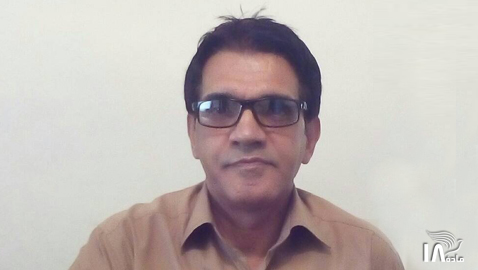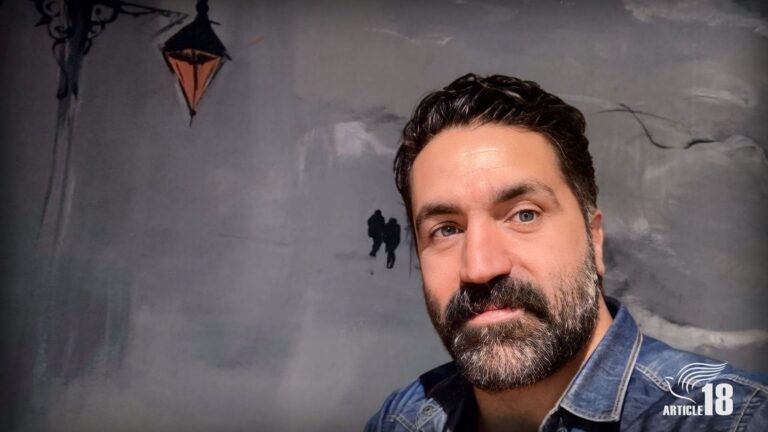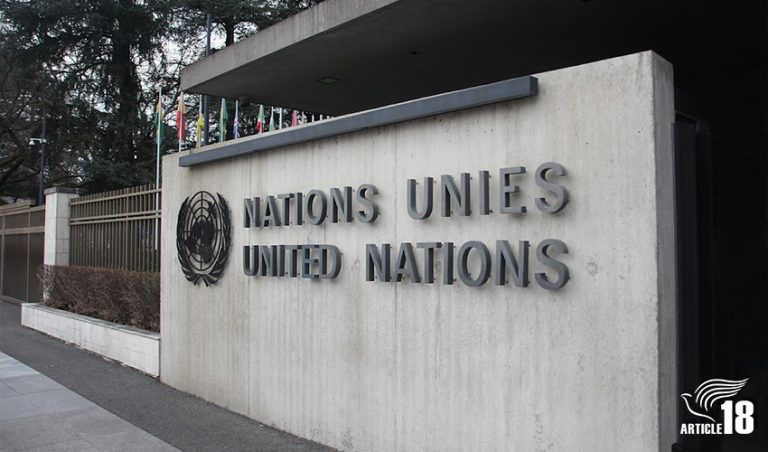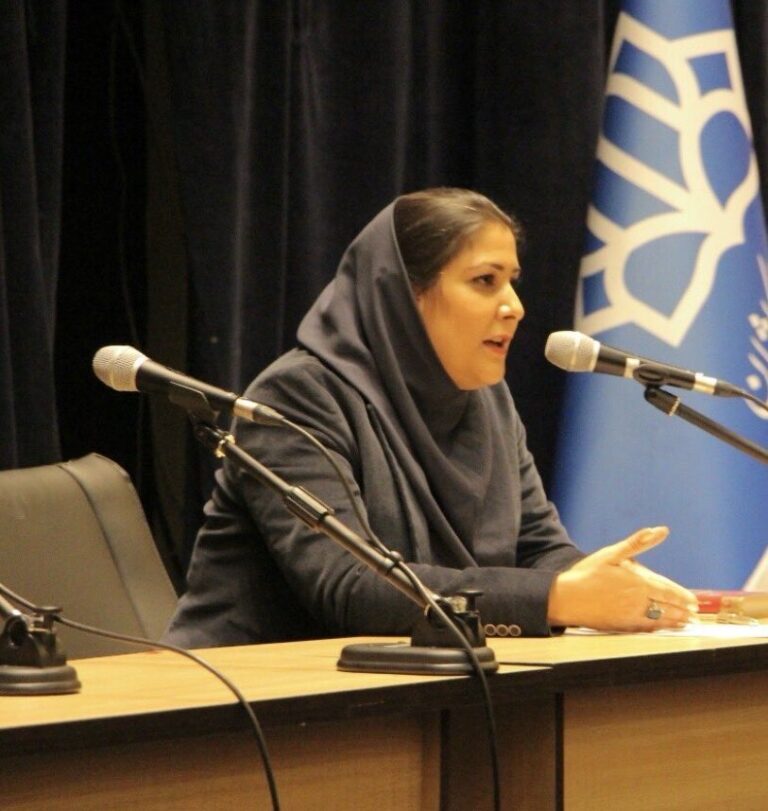
Iranian Christian prisoner Nasser Navard Gol-Tapeh needs immediate dental treatment, but officials in Tehran’s Evin Prison are refusing to allow him to receive it, despite him being in serious pain, Article18 understands.
A source close to him told Article18: “If it is delayed, Nasser is in danger of losing his teeth completely.”
Nasser is currently serving a ten-year sentence in Ward 8 of Evin Prison for “acting against national security through the establishment of ‘house churches’”.
He was first arrested in June 2016, alongside three Azerbaijanis, at a private gathering in Tehran. All four Christians were detained for over four months, including two months each in solitary confinement, before they were released after paying bail of 100 million tomans each (around $35,000).
Branch 26 of the Islamic Revolutionary Court in Tehran, chaired by Judge Mashallah Ahmadzadeh, sentenced them to 10 years’ imprisonment in May 2017.
However, the Azerbaijanis had returned to their homes and families after their release on bail and will not be forced to return to Iran to serve their sentences.
But on 20 January 2018, after three months on bail, Nasser was taken to Evin Prison to begin his sentence.
Nasser’s appeal against the sentence was rejected by Judge Hassan Babaei at a Tehran Court of Appeal in November 2017.
The judge referred to the Ministry of Intelligence in the course of the trial. However, neither Nasser nor his lawyer were allowed access to the documents and reports cited by the prosecution.
Iran is 10th on Open Doors International’s World Watch List of the 50 countries where it’s hardest to be a Christian. Unlike in many neighbouring countries, Christians in Iran tend to have very positive relationships with members of other faiths, but they suffer frequent and gross violations of their rights from the authorities – particularly those who, like Nasser, are from a Muslim background.



0 Comments
Trackbacks/Pingbacks